I received a call from an AA gentleman, a good man, a devout authentic Catholic man. He honored me by asking me to lead a special Catholic recovery meeting at St Vincent’ Charity Medical Center, the hospital in downtown Cleveland Sister Ignatius performed her groundbreaking service work at. There are wonderful black and white photos outside the cafeteria documenting and defining the history of the recovery and healing institution. In the cell phone conversation, we determined I would not give the lead for the July meeting. An amicable and quality conversation, we both understood the necessity of the decision and action. I identify it as my final parting from the social life of Alcoholics Anonymous. Message infused, prayer litany increased, I define myself. Many people, places, and things edify through the clarity of determining who we are not. Understanding who I am is also understanding who I am not. Within the discernment, rebellion plays no part. I am not a man of dignity based upon the severe rejection, bitterness, or refuting of another. It is in the Catechism, a quote from a saint, I use it on this blog, regarding the proper vocation of being wedded, single or consecrated. Something good only based upon superiority or identified shortcomings of something else is truly not good. Being good, divine in making or formation, is not based upon the evil within other things for God created all things and nothing God created is evil. It is why when greeting others I pronounce a question, inquiring, ‘All is good?’–attempting to establish the other identifies all is truly good. I also relate the greeting to the Old Testament, second book of Kings and King Jehu. Riders from conflicting kings ride out ahead of their respective armies in order to parlay with Jehu. Reaching intimacy upon their horses, the riders, messengers, call out to Jehu, ‘All is good Jehu?’ They recognize the warrior, the man of might and justice, before them. They fear him. They want to know everything is alright between them. Within the interpretation, Jehu answers, ‘No all is not good. Many things have happened and people, namely Jezebel lives. There will be war before there is peace, and Jezebel will die’. St Francis embraced a humbler greeting: ‘May the Lord grant you His peace.” A final word on my decision to divorce myself from AA the social world, thoughts of Dr Nichta. Regarding all matters, I reach a mature adult decision through prayer, consolation, deep consideration, discerning a final decision, recognizing nothing is final. Within my determination is the honesty, openness, and willingness to be wrong, to allow God to manifest Divine Will even within my strongest convictions.
Regarding discernment, I reflect upon the movie ‘Ida’ touched upon yesterday, a scene that brings to the forefront being human, accepting and growing within the Universal Church of Christ. Catholic in heart, depth and soul the confrontational scene is not for those seeking a warm fuzzy blanket. It will be of an intense disquieting for those unable to truly know themselves, an affront to imaginary perfection. For those unable to conduct brutal honesty, interior reflection able to nurture the strength necessary to overcome obstacles of the greatest magnitude, for those on a path of comfort rather than perfection, the scene should not be witnessed.
Ida, within final discernment, knows the tragic history of her family. The unjust wartime murder of her father, mother, and siblings is personal knowledge. Her Jewish heritage is revealed. Her aunt, her lone surviving family member, the only family member she has known, has committed suicide. Her aunt an alcoholic lived with the torment of being a communist manipulator, ruthlessly inflicting brutish self-will upon the world, hurting others through communism, and ultimately abandoned by comunism. Away from the convent, Ida seeks comfort in the arms and bed of an intelligent, worldly, skilled Jazz musician, a saxophone player of good looks, compassion, gentleness, kindness, and care. The man wants to be with her. The seeds of genuine love are planted. Ida stares forth, being alive, thinking, feeling, figuring out who she is. She clothes herself in her nun’s habit. She walks away from the young man, moving out onto the street, the world alone, a car passes, brake lights coming on, a change in direction hinted at, uncertainty registers within Ida’s intelligent beautiful eyes. Finality and decisions of magnitude are not made from rebellion. A smile slightly blossoms, a hop comes to her step, confidence registers. She comprehends she is a consecrated woman, a bride of Christ. One thing I did not like in the review in Emmanuel was the excellent reviewer defined the ending as open to interpretation. I am convinced there is one ending. Ida returns to the convent, a religious woman of profound depth, aware, knowing herself, living a full life with, in, and through the Church.


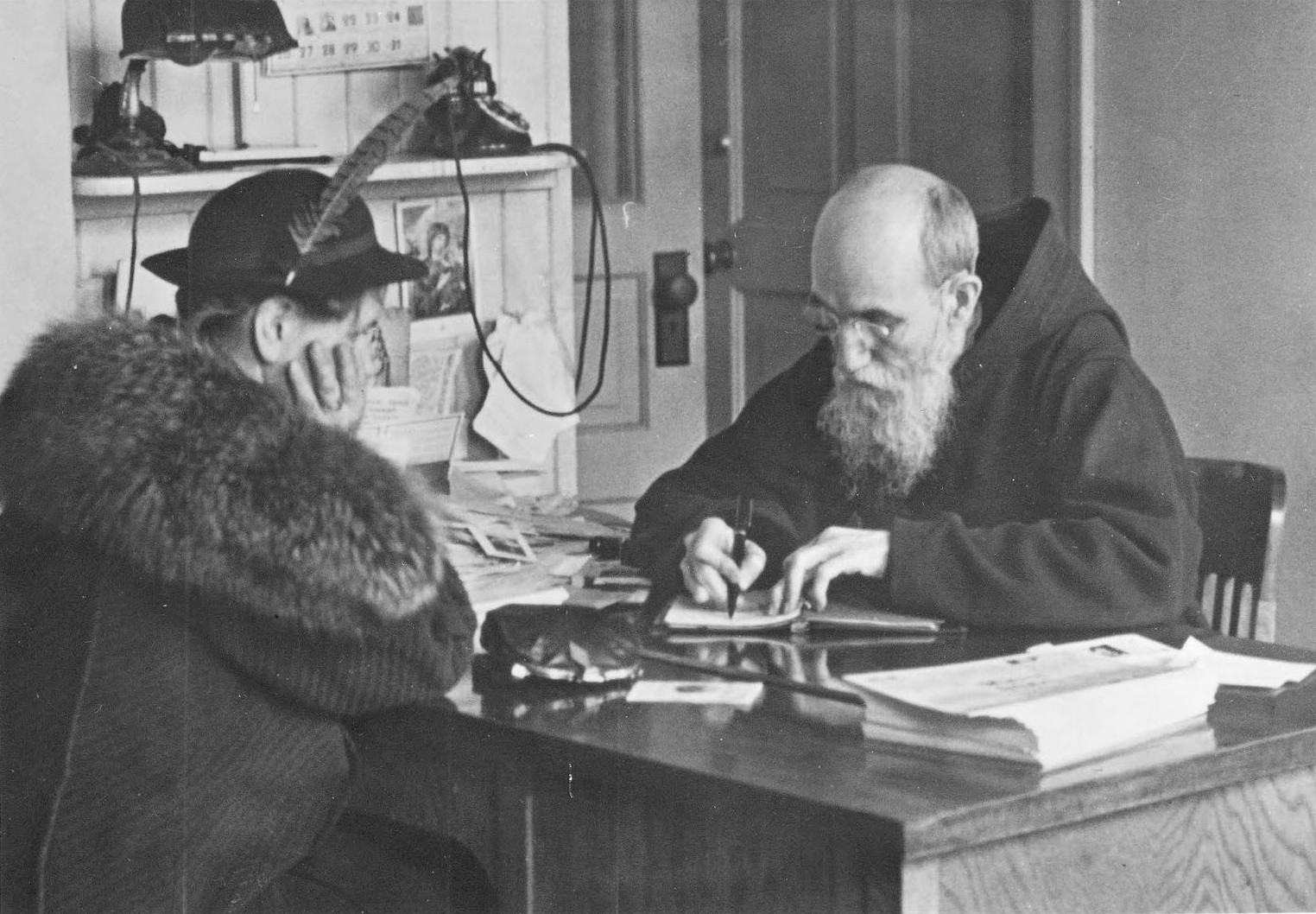
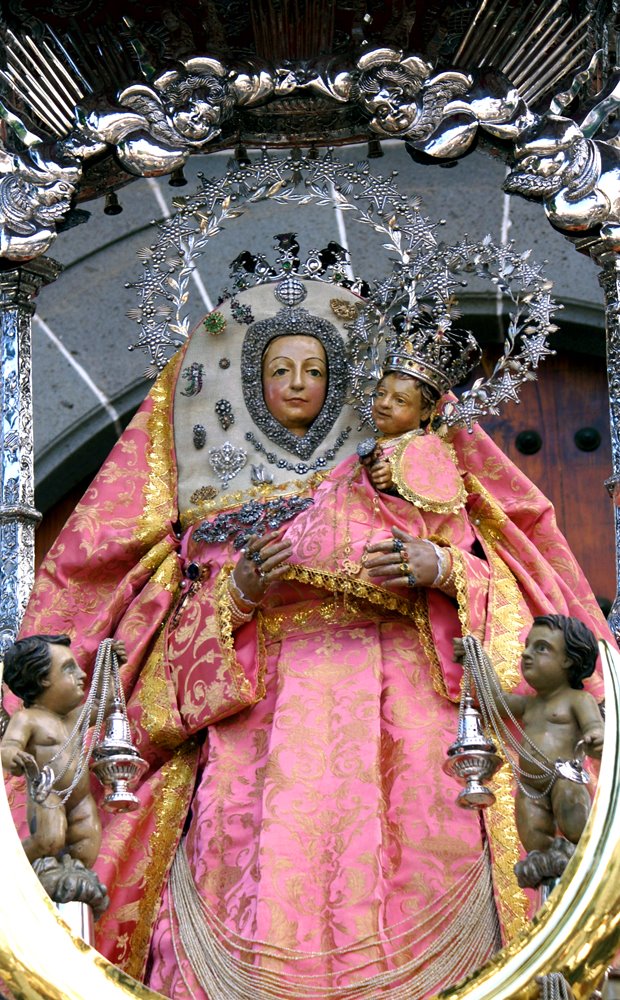
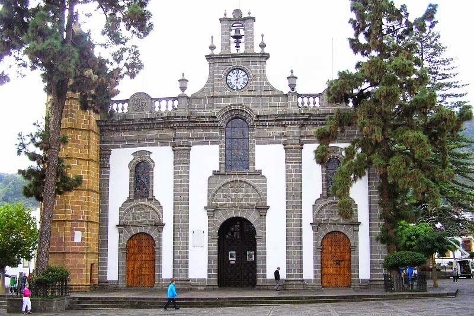
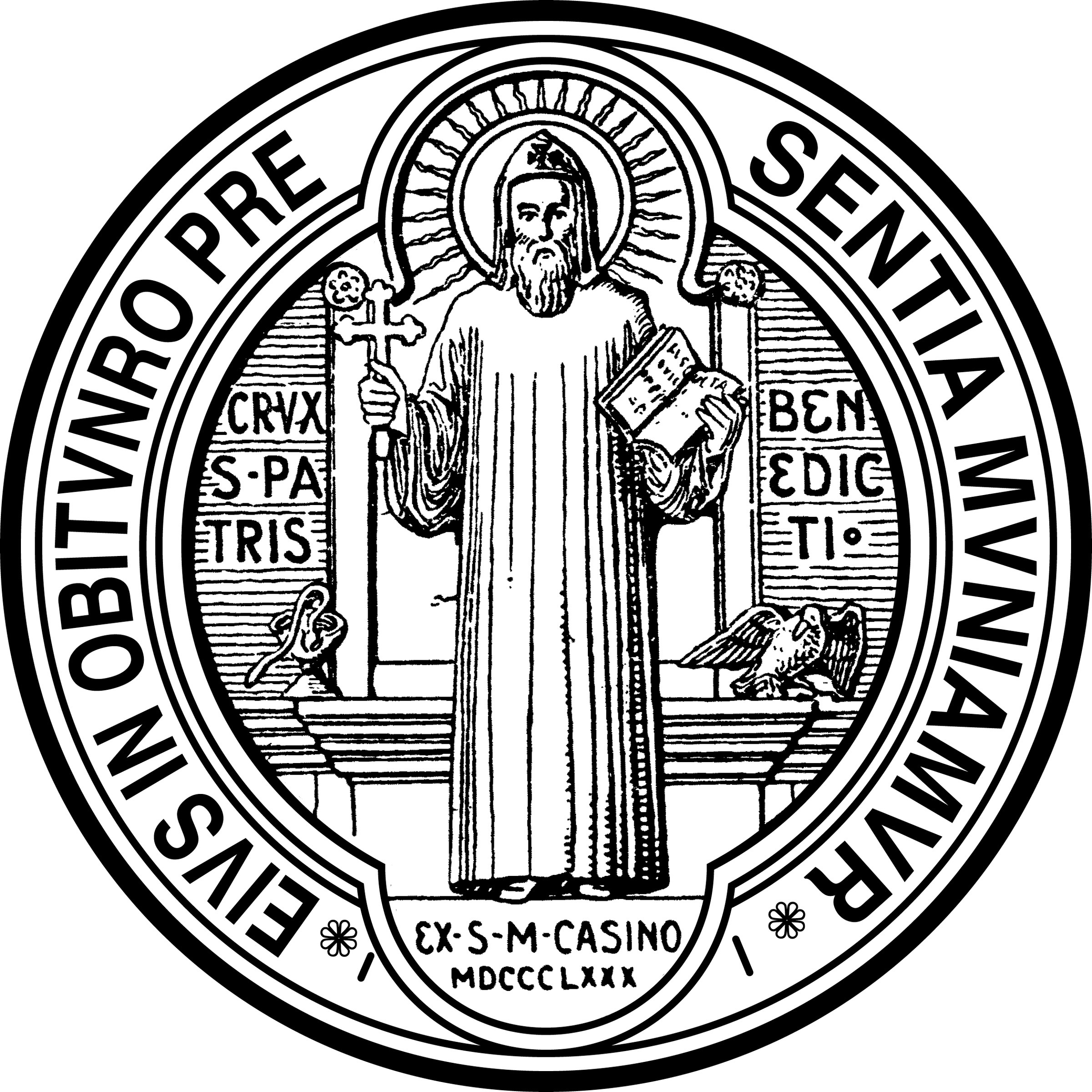
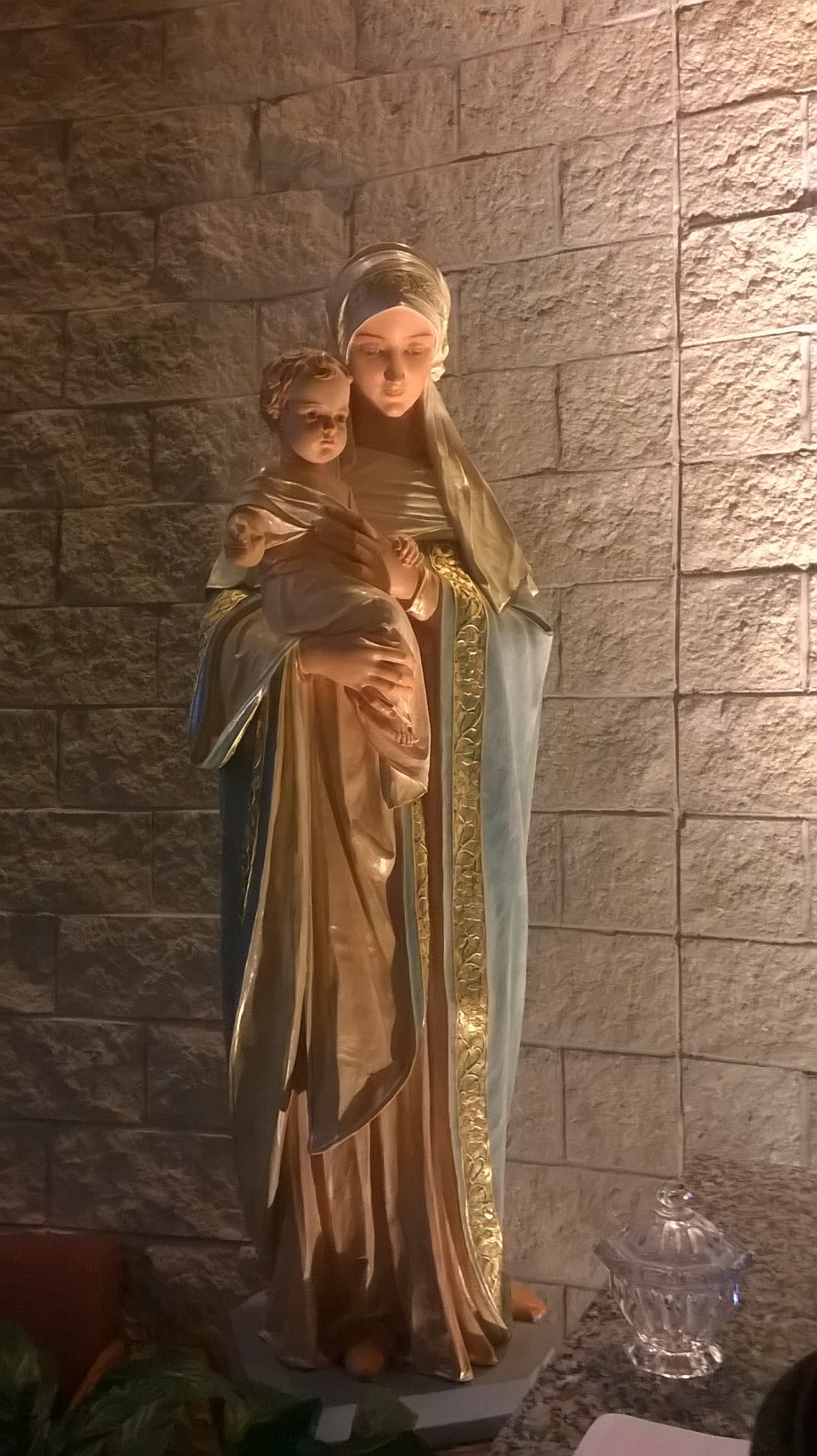
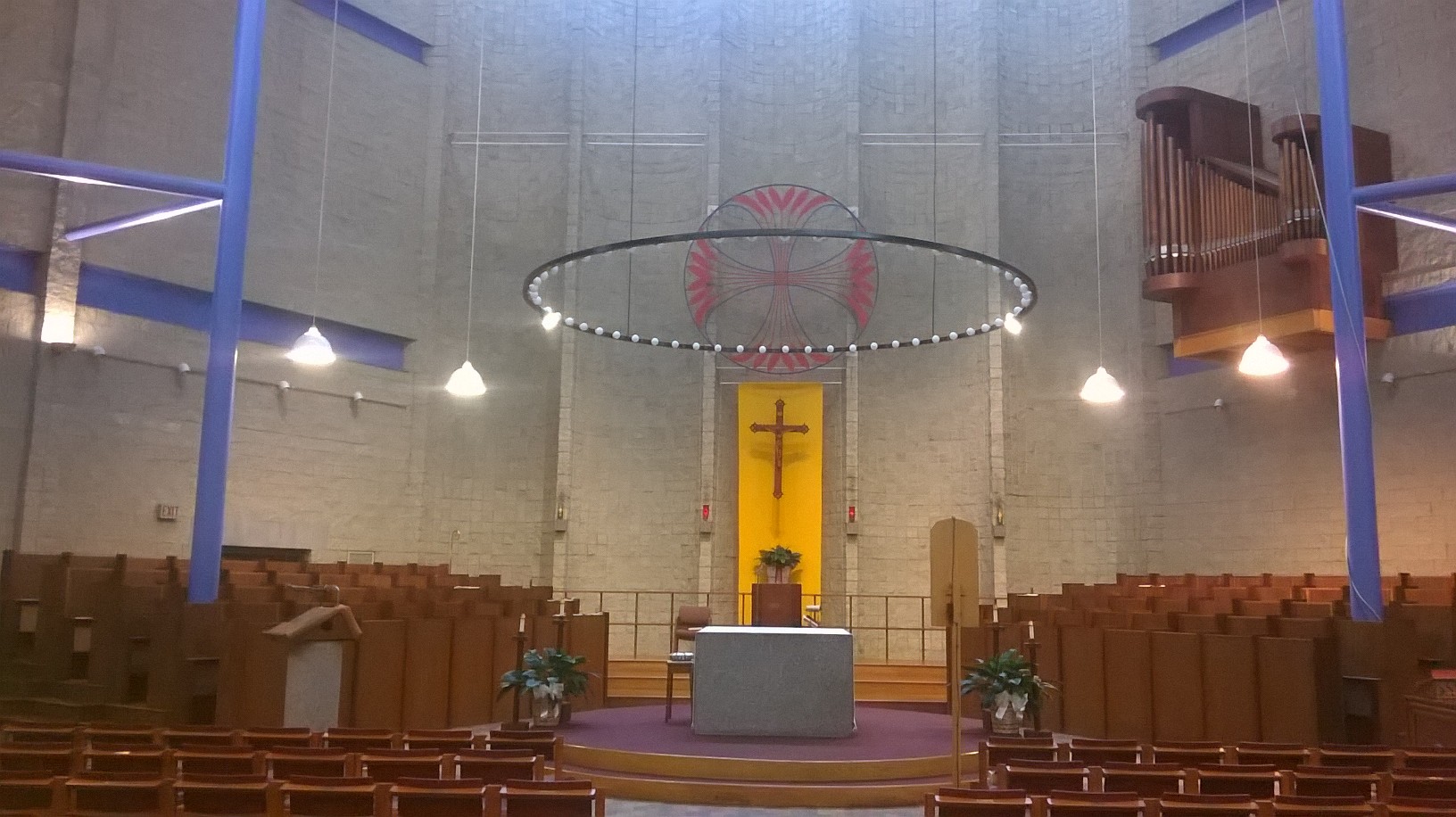
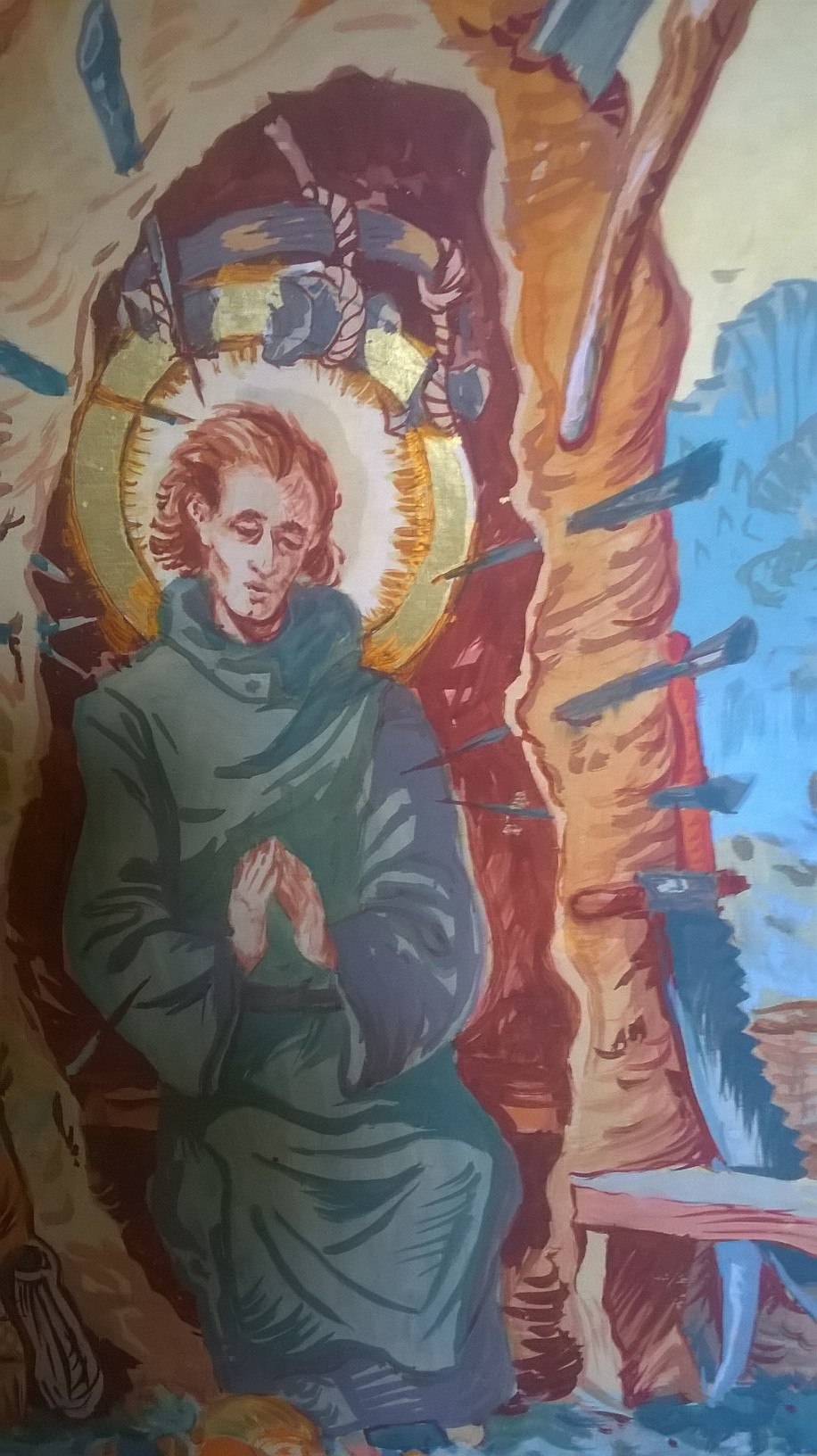
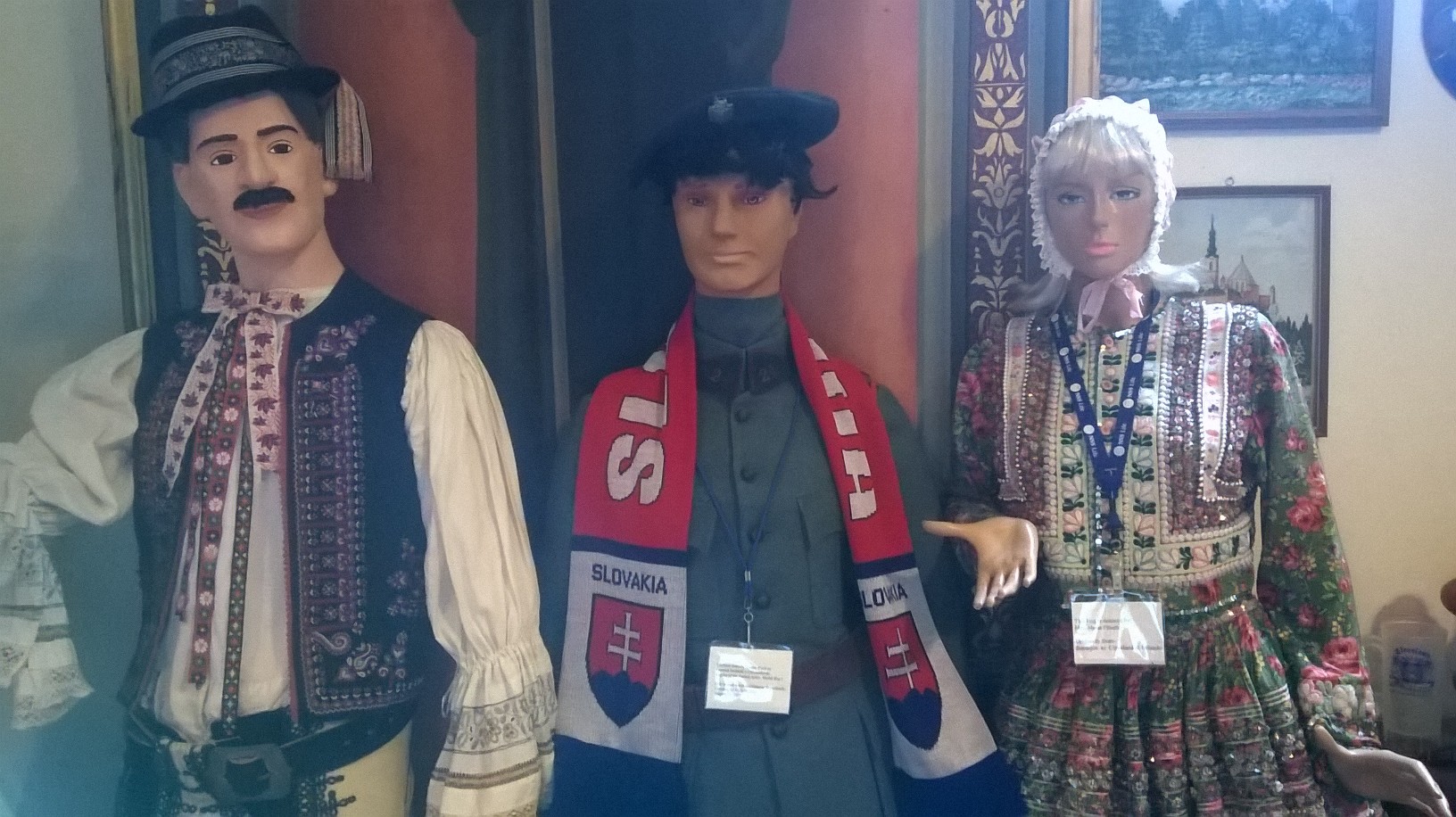

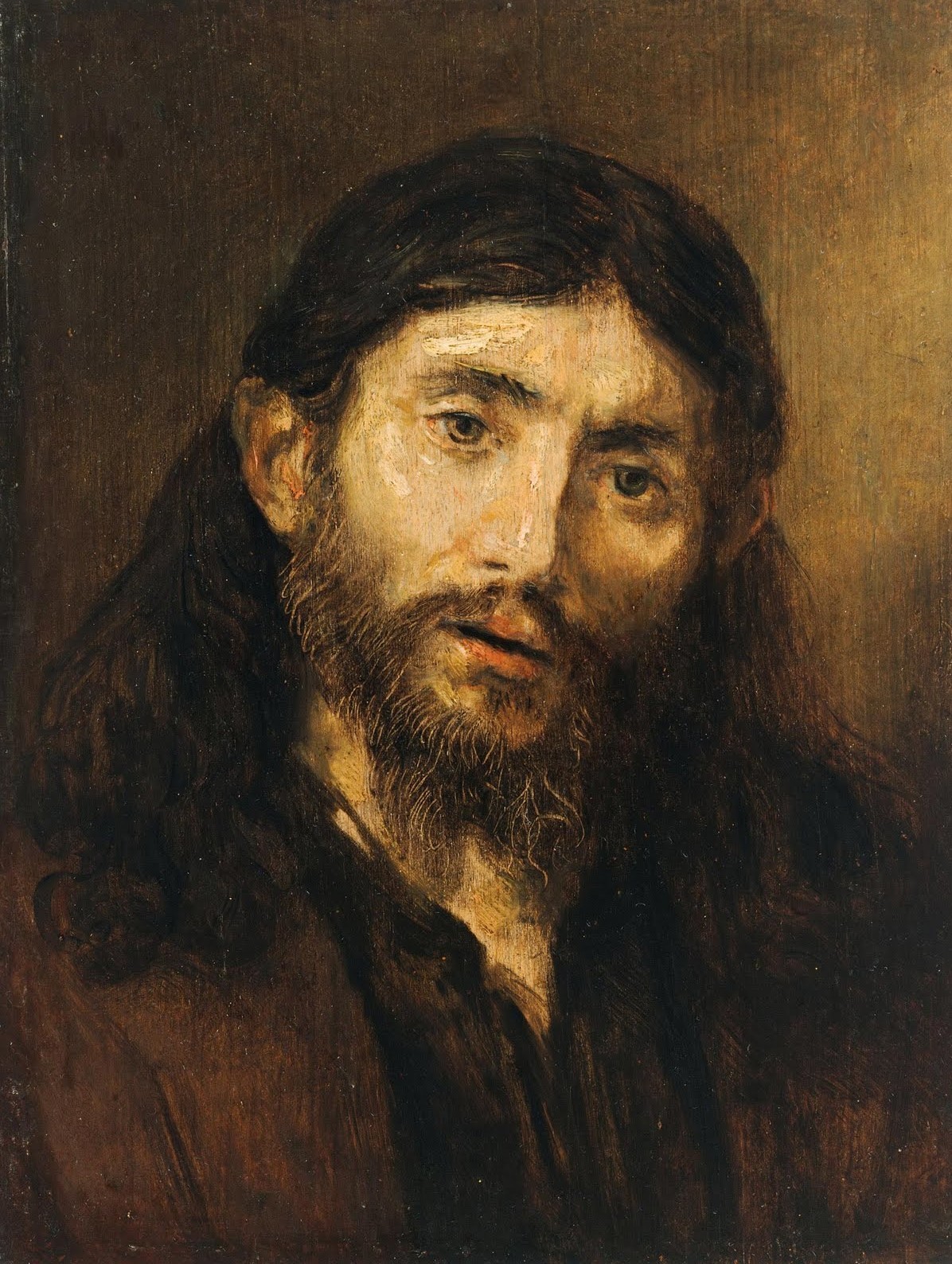
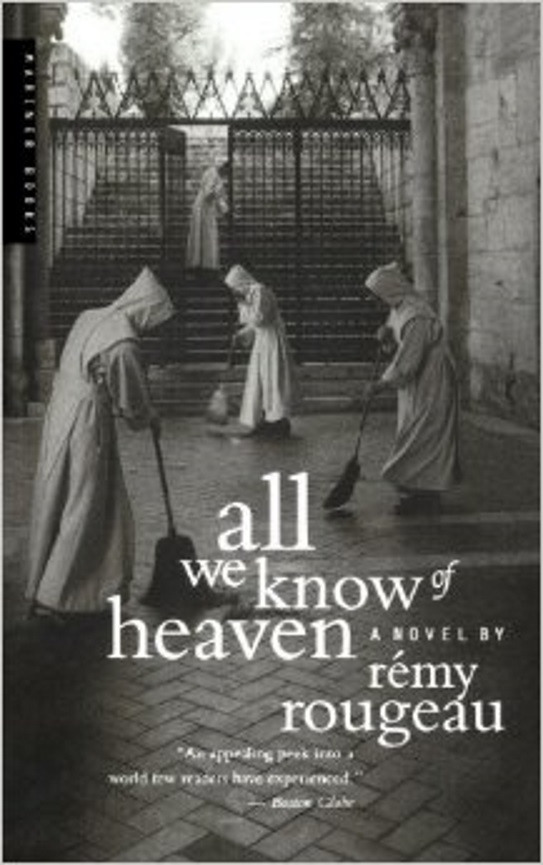
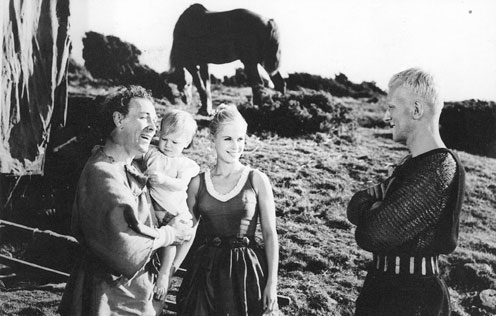
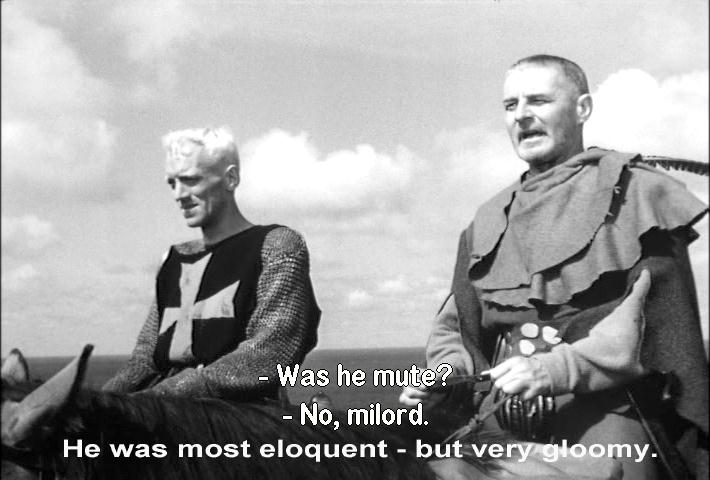
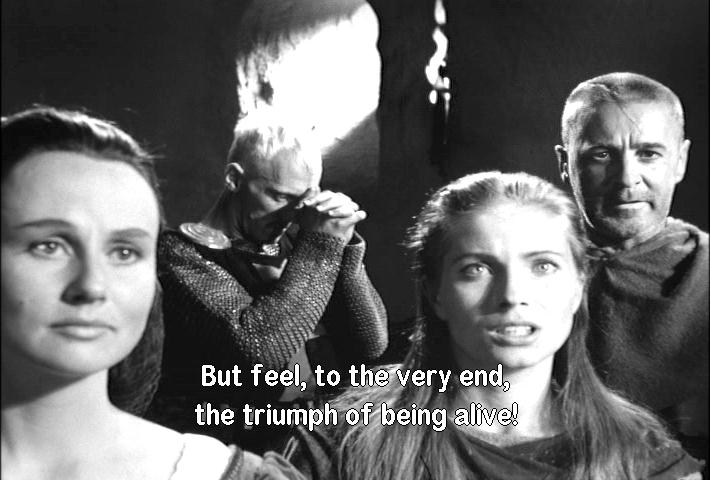
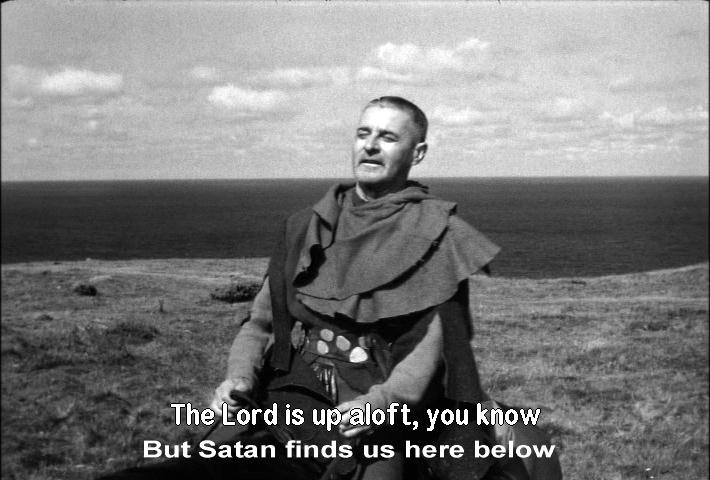
Recent Comments